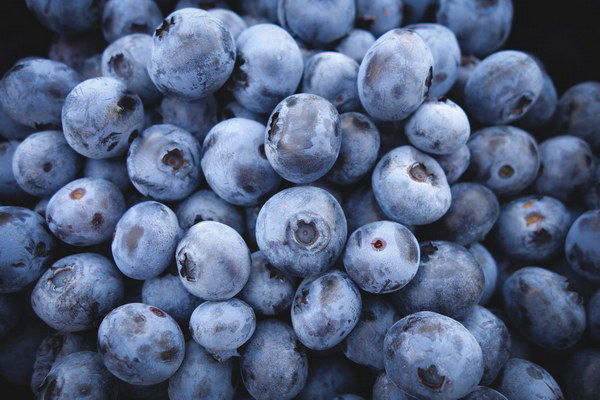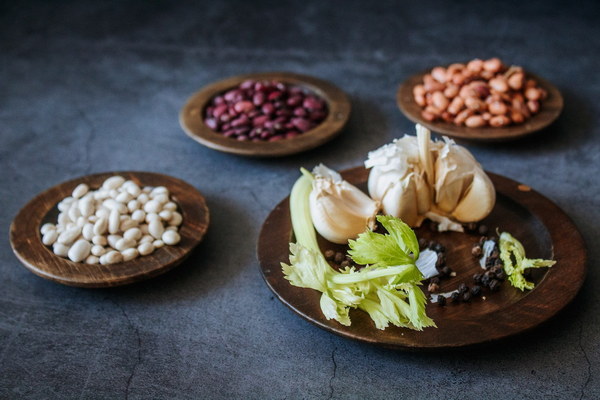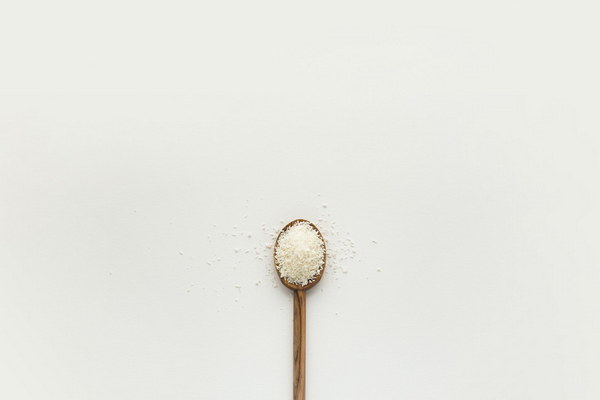Efficient Long-Term Dampness-Relieving and Weight Loss A Comprehensive Guide for a Healthier You
In today's fast-paced world, where unhealthy lifestyles and poor dietary habits have become the norm, dampness and weight gain have become common concerns for many individuals. Dampness, or Damp-Phlegm in traditional Chinese medicine, refers to the accumulation of excess fluid in the body, which can lead to various health issues, including weight gain. This article aims to provide a comprehensive guide to long-term dampness-relieving and weight loss, helping you achieve a healthier, more vibrant life.
I. Understanding Dampness and Weight Gain
Before delving into the strategies for dampness-relieving and weight loss, it's essential to understand the underlying causes and symptoms of dampness. Dampness can be caused by various factors, such as:
1. Poor diet: Consuming excessive amounts of sugary, processed, and greasy foods can lead to dampness accumulation.
2. Lack of physical activity: Inactivity can cause the body to retain water, contributing to dampness.
3. Stress: Chronic stress can disrupt the body's balance, leading to dampness and weight gain.
4. Environmental factors: Living in a damp or humid climate can exacerbate dampness symptoms.
Common symptoms of dampness include:
1. Weight gain: Excess fluid retention can lead to bloating, swelling, and an increase in body weight.
2. Fatigue: Dampness can cause a lack of energy and vitality.
3. Poor digestion: Dampness can lead to constipation, bloating, and other digestive issues.
4. Mucus production: Excess mucus in the body can result in congestion, runny nose, and sinus problems.
II. Strategies for Long-Term Dampness-Relieving and Weight Loss
1. Diet: A balanced diet rich in fiber, lean proteins, and healthy fats can help eliminate dampness and promote weight loss. Here are some tips:
a. Incorporate plenty of vegetables and fruits into your diet: These foods are high in fiber, vitamins, and minerals, which help to eliminate dampness and boost metabolism.
b. Limit processed and sugary foods: These foods can contribute to dampness accumulation and weight gain.
c. Choose whole grains: Foods like brown rice, quinoa, and oats are high in fiber and can help to regulate blood sugar levels.

d. Include lean proteins: Proteins such as chicken, turkey, tofu, and fish can help to build muscle and promote satiety.
2. Exercise: Regular physical activity is crucial for eliminating dampness and promoting weight loss. Aim for at least 30 minutes of moderate exercise, such as walking, cycling, or swimming, five days a week.
3. Stress management: Chronic stress can exacerbate dampness and weight gain. Practice stress-reducing techniques such as meditation, deep breathing, and yoga to maintain a balanced mind and body.
4. Acupuncture and herbal remedies: Traditional Chinese medicine offers various treatments to relieve dampness and promote weight loss. Acupuncture can help to balance the body's energy, while herbal remedies, such as Chinese hawthorn and astragalus, can support the body's natural elimination of dampness.
5. Get enough sleep: Adequate sleep is essential for maintaining a healthy weight and reducing dampness. Aim for 7-9 hours of quality sleep each night.
III. Monitor Your Progress
It's essential to track your progress and adjust your strategies as needed. Keep a food diary to monitor your dietary habits, use a pedometer to track your physical activity, and keep a journal to document your stress levels and sleep patterns.
In conclusion, long-term dampness-relieving and weight loss require a holistic approach that addresses diet, exercise, stress management, and traditional treatments. By incorporating these strategies into your daily routine, you can achieve a healthier, more vibrant life. Remember, patience and consistency are key to long-term success.









